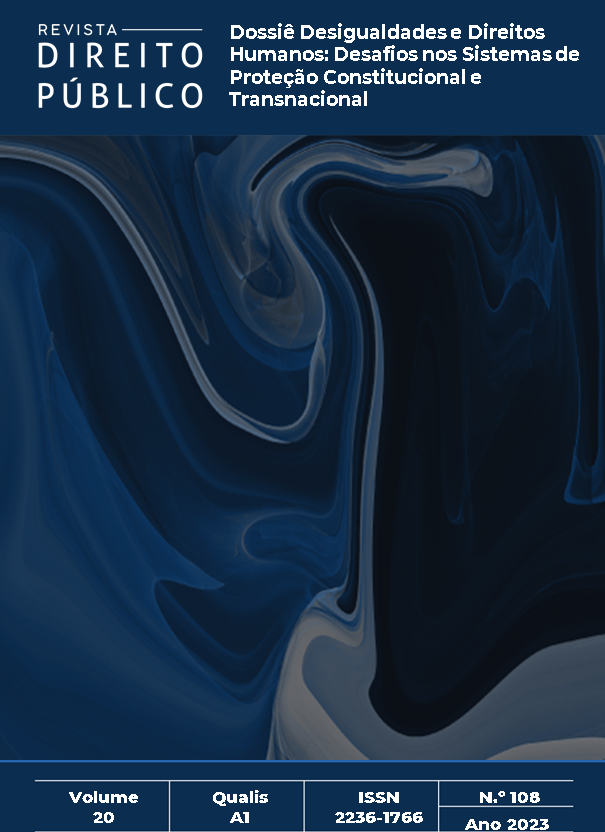What is Legal Theory?
DOI:
https://doi.org/10.11117/rdp.v20i108.7725Abstract
In recent years, legal theory has developed into a generic term for multidisciplinary legal thinking. Under the heading of legal theory, scholars have explored novel pathways to legal research by using insights and methodologies from a multitude of research fields ranging from cultural studies and economics to genetics and neuroscience. This development stands in contrast to the classic field definition of 20th-century legal theory and 19thcentury general jurisprudence. The classic view conceived both legal theory and its precursor, general jurisprudence, as deliberately anti-philosophical approaches to theoretical reflection on the general structures of positive law. More recently, however, a shift in the internal structure as well as the epistemic aims of legal scholarship has taken place. The present article analyses this development within the framework of the history and philosophy of science. It suggests that interdisciplinar knowledge is a vital and indeed intrinsic part of legal scholarship. An unchartered space nevertheless remains between the disciplinary and the multi-, inter- and transdisciplinary forms of legal knowledge. The recent shift in the research agenda of legal theory highlights this theoretical vacuum, and it is precisely here that the present article situates the potential for a philosophically sophisticated legal theory. It argues that legal theory can best fulfil its goal if it provides tools for multidisciplinar theorising as well as categories for critical reflection on the preconditions of legal epistemology. This essay thus presents legal theory as a philosophical theory of multidisciplinary jurisprudence.
KEYWORDS: legal theory; general jurisprudence; multidisciplinarity; philosophy of science; history of science
Downloads
Published
How to Cite
Issue
Section
License
Copyright (c) 2024 Direito Público

This work is licensed under a Creative Commons Attribution-NonCommercial 4.0 International License.
O(s)/A(s) autores(as) dos manuscritos submetidos concorda(m) com as regras a seguir:
1) Todos os autores e autoras participaram do trabalho, são responsáveis pelas ideias e conceitos nele emitidos e atestam sua conformidade com os princípios éticos exigidos.
2) Todos os autores e autoras concordam com a forma final do trabalho e em ceder os direitos para publicação nos canais de publicação da Escola de Direito do IDP.
3) Todos os autores e autoras informam que o manuscrito é de sua autoria e assumem a responsabilidade pelo trabalho, declarando que a obra a ser publicada não infringe quaisquer direitos de propriedade intelectual de terceiros.
3.1) Em caso de submissão simultânea, além da reprovação imediata do artigo e comunicação ao(s) respectivo(s) periódico(s), a Revista Direito Público se reserva o direito de não receber novas submissões de todos os autores implicados pelo prazo de 2 (dois) anos, contado a partir da data de ciência do fato.
4) Todos os autores e autoras autoriza(m) a edição de seu trabalho e cede(m) à Escola de Direito do IDP os direitos de autor para reproduzir, editar e publicar ou veicular o citado trabalho em qualquer forma midiática, resguardada a autoria, em particular sob forma digital, em arquivo eletrônico online na Internet, bem como armazená-los em seu repositório de acordo com o desenvolvimento do processo editorial. Esta concessão não terá caráter oneroso para a Escola de Direito do IDP, não havendo remuneração sob qualquer modalidade pela utilização do referido material, tendo este o caráter de colaboração científica.












